#IWASTHERE
Sumi’s struggles will benefit the next generation
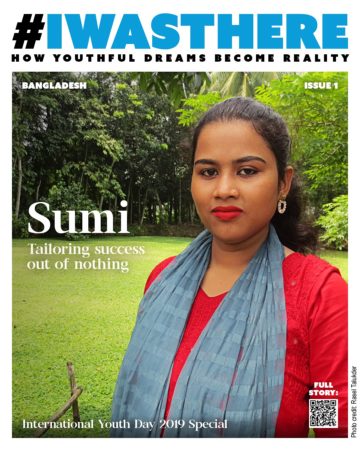
Sumi Akter (28) is proud to call herself an entrepreneur, as she sits in her tailoring shop in Bakerganj, South Bangladesh. This is where she feels confident, safe, and free. It is remarkable that she has reached this place.
A difficult start
Sumi grew up nearby, but her father, a day labourer, couldn’t manage to fully support his family on his earnings. At 15, Sumi married her cousin and they moved to the capital, Dhaka, where they both got work in the ready-made garment (RMG) industry. Things went well for the couple and they had two sons. Over the years, however, Sumi began to earn more money than her husband, and he found this difficult to tolerate. He eventually left his job and started taking drugs, then began to beat Sumi, forcing her to give him money for the drugs to feed his habit. Day in, day out, she was tortured physically and mentally, and it became unbearable.
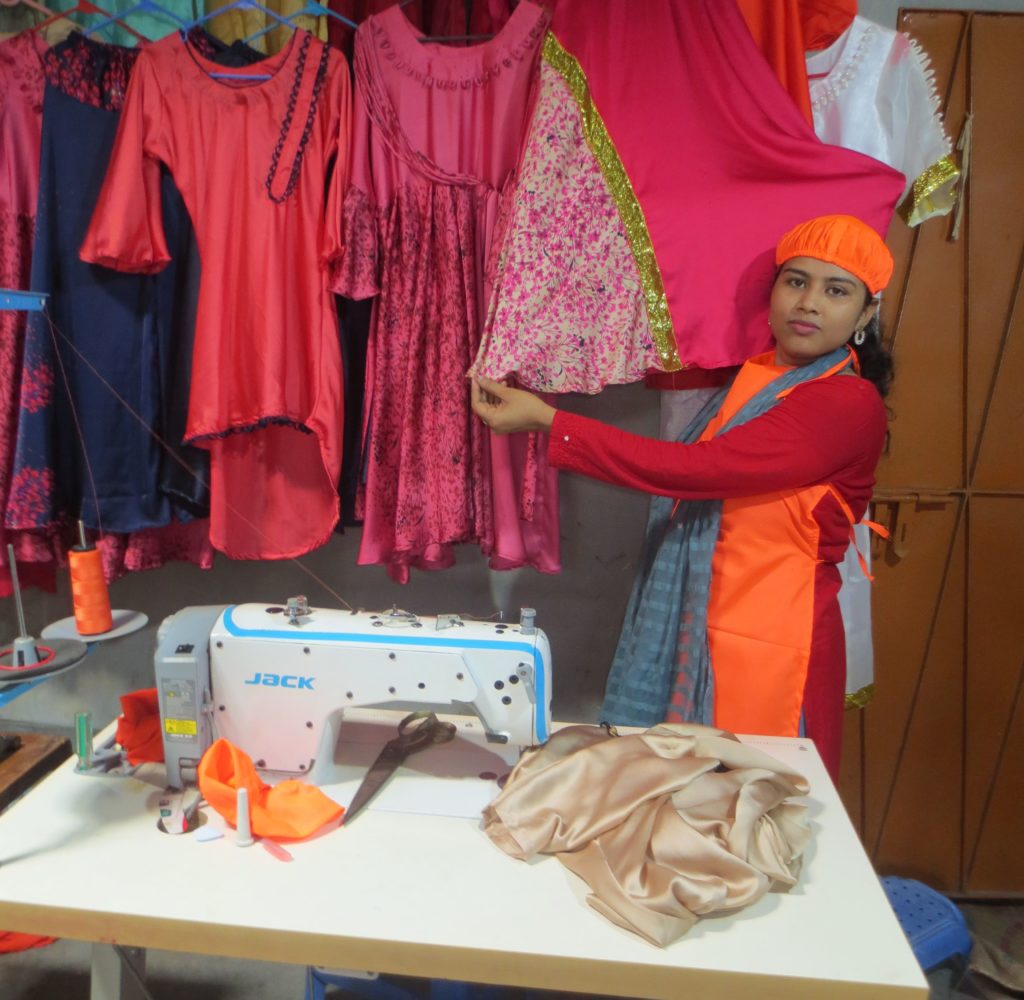
Along the rocky road
Sumi decided she had to leave her husband and go back to her parents’ home with her children. But things didn’t improve. Her parents felt the burden of having to feed three extra mouths, and the neighbours bad-mouthed her every day for leaving her husband. In the midst of these difficult times, Sumi heard about the Empower Youth for Work (EYW) prorgam from some youths in her area. She attended the 3-day ‘soft skills’ training in July 2018 and learned of the skill development training that was open to her.
Turning things around
With her experience in the RMG sector, it was an obvious choice for Sumi to join a 3-month vocational training course on industrial sewing machine operation, in September 2018. She got a job afterwards, but began thinking that she could do the work on her own, if only she knew how to make a business development plan and do accounting. She learned these things on an entrepreneurship skill development course, and spent her 30,000 BDT savings on a manual sewing machine. At last, Sumi’s tailoring business was up and running, working from home.
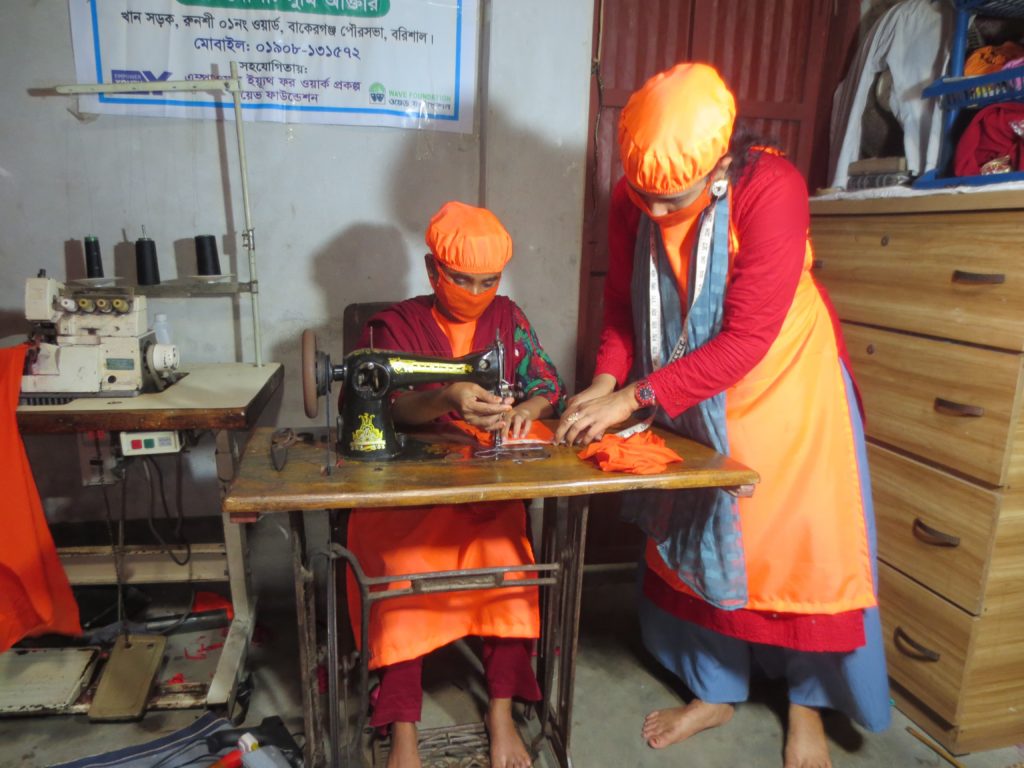
Bagging the finance
But Sumi still had ambitions to have her own shop, and so shared her business plan with the EYW program staff and a bank. They were impressed, and supported her plans with 20,000 BDT from EYW program and a 50,000 BDT loan from Rupali Bank. This was the best confidence boost she could hope for, and with the money she bought two electric sewing machines and another manual one.
Established in business
So now Sumi has her shop – S. S. Ladies Fashion Point. She employs two women and is training three others in tailoring. The machines are working hard and she’s doing well in her business, which is helping the other women to change their situation too. Sumi is challenging convention in other ways – she delivers dresses to the local market herself, and takes orders from other vendors. To ensure the continued success of her business, she keeps up with the latest fashion trends online, adjusting them for the cultural and religious tastes of her clients. After paying her staff, Sumi brings home 15,000 BDT each month (this is within the average income range in Bangladesh).
Continuing the dream
Sumi’s dreams don’t stop at the shop door. She is now dreaming that her children will have the education she missed, and that she can establish a showroom for her products in the local market. Sumi also wants others to feel the benefits so, in the long term, she is planning to set up a garment factory where she can create employment opportunities for local youths, especially young women.
Sumi‘s story is part of the multiyear campaign, kicked off on International Youth Day 2019 by the Empower Youth for Work program and the Work in Progress! alliance. The campaign aims to support the national influencing work of the respective programs by joining forces with local role models. The ripples of #Iwasthere are spreading out around the world and these stories are proof that change can happen anywhere – we hope they will inspire you, too, to become an active citizen.
Why these stories?
There are more young people today than ever before in the history of the world; 1.8 billion people between the ages of 10 and 24 worldwide, and 90% of them live in low-income countries. . Harnessing the energy and strength of young women and men to become active citizens is core to Oxfam's goal of transformational change.
With their energy, skills and creativity, young people have the potential to be the driving force for social change, strong economies and vibrant democracies.
Oxfam is working jointly with youth to challenge barriers that prevent them from
Enjoying their rights
Participating fully in society
Being an effective voice in decision-making processes
How youthful dreams become reality.
These stories are proof that change can happen anywhere -
to inspire you to become an active citizen.
- Bangladesh
- Ethiopia
- Indonesia
- Italy
- Nigeria
- Pakistan
- Peru
- Somalia
- The Netherlands
-
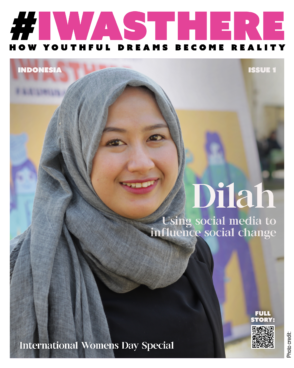
Dilah
“Development is more than just economy or infrastructure, it’s all about humans.”
-
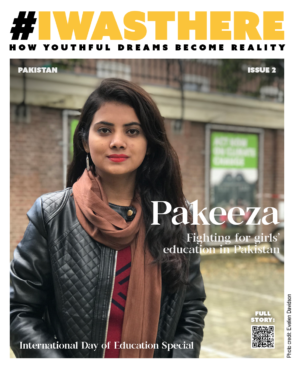
Pakeeza
“As activists, we have to be patient. Without patience we can’t do anything, we just struggle.”
-
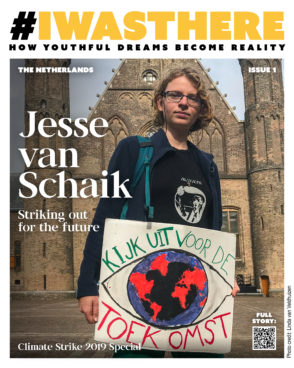
Jesse van Schaik
“I hope other people think ‘if she can do it, then I can do it, and then it won’t be that hard.’”
-

Chioma Ukonu
“Youths must work every day to be the change they want to see.”
-
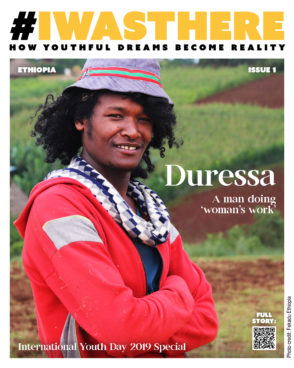
Duressa
“The only thing that I cannot do, is child bearing and breast feeding. This is not naturally gifted to men!”
-

Daphne Rozenburg
“My goal was to capture the essence of the vital advocacy work that goes on within powerful institutions. But in a light and approachable way.”
-
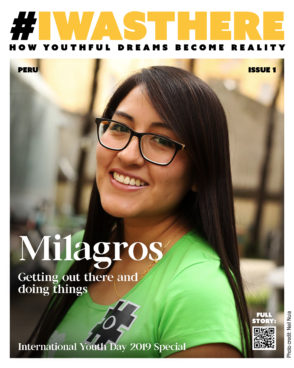
Milagros
“We are young, we are prepared. We have many things to do.”
-

Muzamil Ali
“The biggest challenge wasn’t informing them about modern farming techniques but persuading them to abandon outdated methods”
-

Nasrin
“Work is never defined for men and women, it is us who creates this differentiation. There are lots of people in rural areas who are not getting enough medical support, I want to do something more for their advancement by engaging the youth of our community.”
-
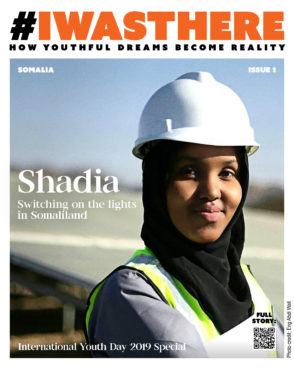
Shadia
“Fear is not part of my life. I conquer the fear itself.”
-
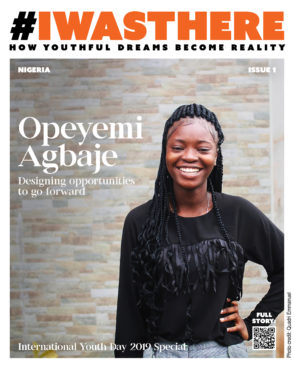
Opeyemi Agbaje
“I did not have any computer knowledge prior to this time; I only used computers for watching movies!”
-
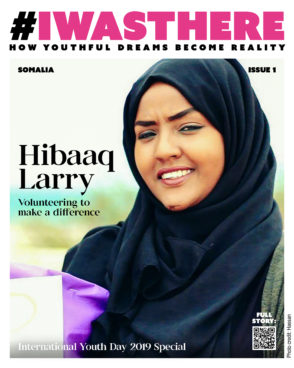
Hibaaq Larry
“We should create an environment where people can support one another and raise local funds together to buy clothes and food for poor children and mothers.”
-

Mr. Ajebo
“Work ethics and character are equally important as you cannot earn a living out of talent alone.”
-
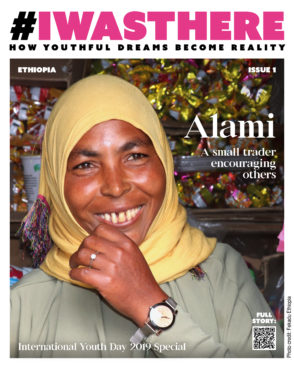
Alami
“I believe young women have the capacity to change their lives if they are provided with a safe environment and support from their family, community, and government.”
-

Alisha Khan
“Once we overcame our initial hurdles, we felt confident about managing more events, and soon established a good reputation in the city.”
-
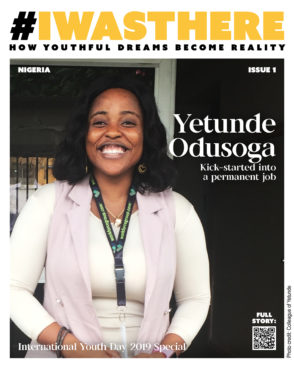
Yetunde Odusoga
“Even if a person supports you and teaches you how to do a thing, without passion on your part, it’s a ‘NO’!”
-
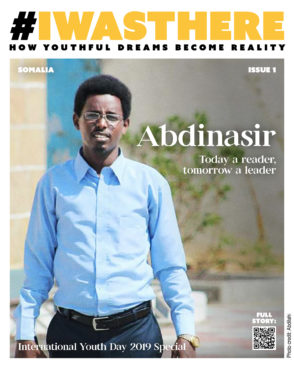
Abdinasir
“Without a book on my lap every day, I don’t know where I would have reached today. One day I will realize my dream of bringing all Sahil people into the library.”
-
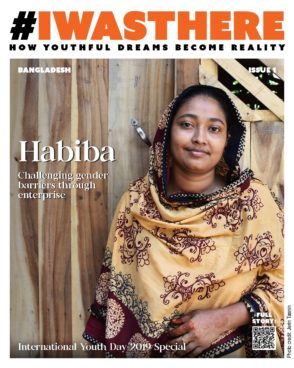
Habiba
Habiba believes that other women and girls will be inspired by seeing her at work.
-
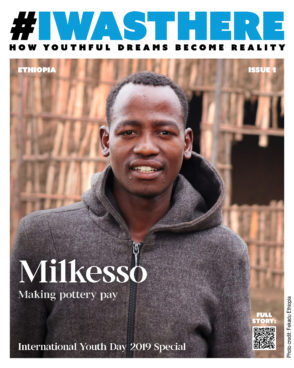
Milkesso
“Seeing my success, many people are now convinced it’s OK to assist women.”
-
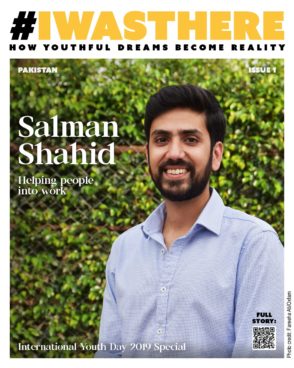
Salman Shahid
“We aim, one day, to scale up our start-up to a national level”
-
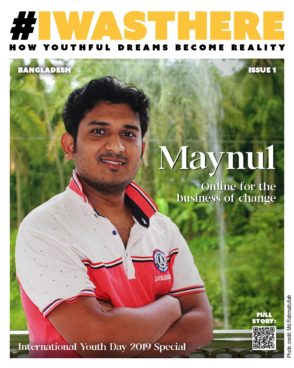
Maynul
He started working from home to save money, providing computer support to the community, especially women.
-

Mehvish Arifeen
“The beauty parlour industry is exploitative, and because women workers lack awareness about their rights, they pose little to no resistance to unfair work policies.”
-
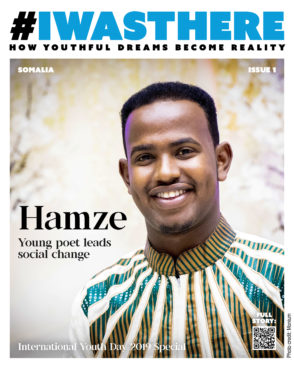
Hamze
“Poetry is art and expression, and has been in my blood since my childhood. If you want people to develop their country, young people are the starting point – they have the drive and stamina to pioneer changes”
-
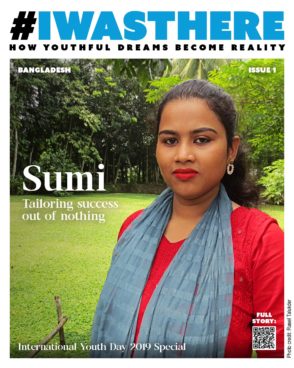
Sumi
To ensure the continued success of her business, she keeps up with the latest fashion trends online, adjusting them for the cultural and religious tastes of her clients.